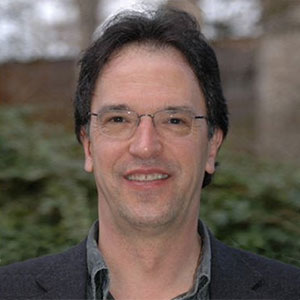
Charles J. (Chuck) Palus is an Honorary Senior Fellow and one of the co-founders of CCL’s Organizational Leadership Practice. Retired in 2020, Chuck studied, taught, and developed leadership as a relational process in the context of the vertical transformation of leadership cultures, with a special interest in digital disruption.
He co-founded CCL Labs, a community-based innovation laboratory with a line of products including Visual Explorer, Leadership Metaphor Explorer, Leadership Essentials, Transformations, the Early Leadership Toolkit, and the Leadership Culture Tool Box.
Chuck co-designed development experiences, including Leading Creatively, EdgeWork, Facing and Solving Complex Challenges, Transforming Your Organization, Boundary Spanning Leadership, and Leadership for Societal Impact. He was a passionate contributor to our Societal Impact agenda and worked extensively in Africa.
He is co-author of the award-winning book The Leader’s Edge and the papers Making Common Sense: Leadership as Meaning-Making in a Community of Practice and Evolving Leaders. His work appears in Leadership Quarterly, Integral Review, Harvard Business Review, the Harvard Business School Handbook for Teaching Leadership, the CCL Handbook of Leadership Development, the CCL Handbook of Coaching, the Handbook of Action Research, and the Change Handbook.
Prior to joining us, Chuck was an R&D engineer in polymer products with E.I DuPont de Nemours, a water purification engineer with Vaponics, an instructor and designer with the Hurricane Island Outward Bound School, and a social psychology and statistics instructor at Boston College.
Chuck has a PhD in Social Psychology from Boston College and a BS in Chemical Engineering from Penn State University.